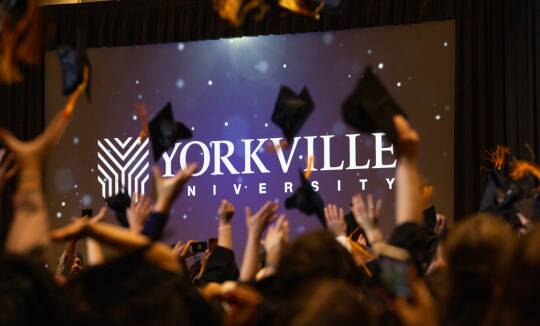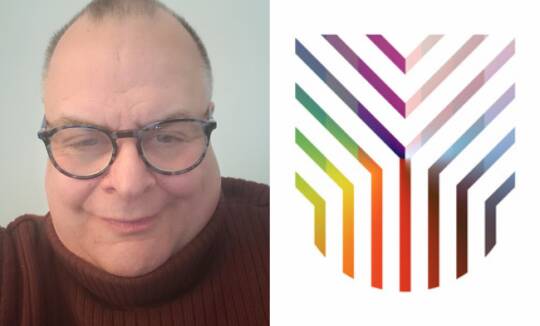Yorkville University recently kicked off its slate of Canada Career Month activities with a special Ask an Expert webinar entitled Celebrating Military Careers – During and After Service.
The hourlong discussion – which was moderated by Certified Career Development Professional Paula Wischoff Yerama – aimed to shed light on the meaning of career development for those making the transition from the military to the civilian workforce.
“Often times people don’t understand what a career in the military looks like or the contributions, skills, and experience veterans bring with them to the civilian workforce when they leave,” said Wischoff Yerama, who spent the better part of a decade supporting just such military members as a Career Transition Coordinator atCFB Edmonton.
“It’s been a real honour for me to be able to support and serve those who served, in terms of being able to help them identify transferrable skills, prepare for the civilian world of work, and, ultimately, to make that transition.”
Joining Wischoff Yerama for the discussion was a panel that included Yorkville University’s Director of Learning Experience Design Karen Stevenson – herself a military spouse whose husband is currently transitioning into civilian life after serving for 18 years – and two Toronto Film School Online students who have made the transition themselves.
Martin Spriggs, a former paratrooper and current Video Production student, first made the leap from the Canadian Forces to a civilian career in 1996 after suffering a broken back in a parachuting accident.
“It was a little a little scary at first – coming from the combat arms, there’s not a lot of jobs that cross over…and there wasn’t the support there is now back then,” he said, noting that he’d done combat first aid during his 15-year military career, which included United Nations peacekeeping missions in Cyprus, Croatia and Bosnia, and as a member of the allied coalition during Gulf War I.
“So, I went back to school to be a paramedic, and I think they offered $500 towards education and that was it.”
Undeterred, Spriggs nevertheless went on to obtain not only his Nursing diploma, but also a Master’s degree in Disaster and Emergency Management. He ultimately enjoyed a fulfilling, 20+ civilian career as an EMT and ER/ICU/public health nurse, during which time he also lead several humanitarian assistance and disaster relief missions in Africa, the Caribbean and the Middle East.
In 2019, Spriggs left his successful health care career to pursue his passion for travel writing, photography and videography by enrolling at Toronto Film School Online.
Stevenson, who graduated from Yorkville’s Master of Education in Adult Education program in 2015, noted several parallels between Spriggs’ transition story and that of her husbands.
“He’s missing a lot of what Martin mentioned, like the camaraderie. And being an infantry soldier, he feels like he’s lacking any sort of transitional skills into any employment that he would feel is worthy,” she lamented.
“So, I’ve had to work very closely with him and with his resume. He didn’t think he had any skills to put on his resume, but I filled up about three pages very quickly. It’s all just about breaking it down and reworking it.”
Sherman Neil, on the other hand, didn’t encounter as many challenges with his transition, because after 38 years with the Canadian Armed Forces, he was asked to come back to work as a civilian analyst for the Department of National Defence.
“One day I was in uniform, the next I was in civilian attire,” said the Order of Military Merit recipient, who nevertheless lamented the loss of camaraderie and rank that came with his new job, while simultaneously relishing the opportunity to catch up on some much-needed family bonding time.
“When I transitioned, now being a public servant, I’m still in the department, so I still have that connection, but I no longer have my rank, which is how we in the military identify ourselves, so that’s a bit of a challenge. But for the most part it’s been great,” he said, noting that he’s taken advantage of Veteran’s Affairs Canada’s Education and Training Benefit program.
“Through the money they make available, I was actually able to make a dream come true, which is to be a part of Toronto Film School and study Writing for Film & Television.”
To hear more about what Neil, Spriggs and Stevenson had to say about their military-to-civilian career transitions, you can watch the entire Celebrating Military Careers – During and After Service webinar here.






